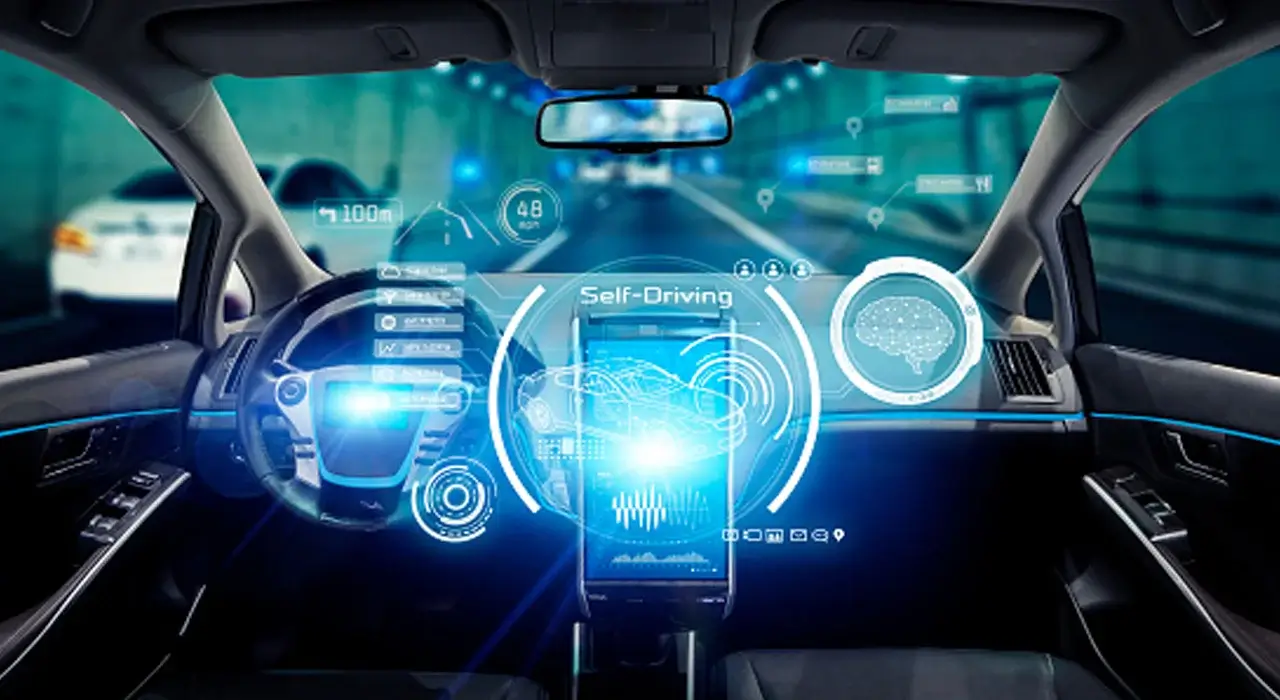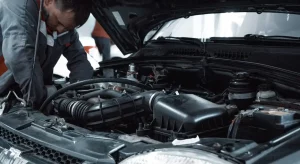Autonomous vehicles could become integral parts of our society, or they could crumble as many high-tech projects have before. There’s no middle ground with such ambitious ideas. Take the hovercraft idea, for example. We thought they could replace cars just 15 years ago. Today, the idea has amounted to nothing.
The autonomous vehicle could be the next hovercraft, but it could also be the next camera, telephone, or airplane. What’s in store for the future of this groundbreaking technology? Here are some recent advancements and the challenges that lie ahead.
Recent Advancements
Although we haven’t seen any significant breakthroughs with autonomous cars in the last several years, industry professionals have quietly released new advancements. A self-driving taxi service — also called Mobility as a Service or Maas — used to be the main focus for auto manufacturers. However, they have scrapped the idea and shifted toward making commercial vehicles.
Related Post: List of Self Driving Cars Pros And Cons – How Self Driving Cars Work?
Progress on MaaS has all but stalled. Some American companies managed to put prototypes on rural roads as early as 2015, but they have only advanced to select parts of urban areas in small numbers.
Experts call the shift in focus “autonomous disillusionment,” as investors have acknowledged the failure of MaaS and begun to pursue more profitable ideas such as delivery services. They’ve also narrowed their focus to highway-only autonomous driving, as concerns linger about driver and pedestrian safety in busy areas.
Electric car company Tesla has created several “autopilot” vehicles with autosteer technology and thorough safety features. However, it only falls under Level 2 of the autonomous scale and still requires driver supervision.
Tesla has a new supercomputer that aims to make its vehicles truly autonomous through computer vision and massive neural networks. It’s the fifth-most powerful computer in the world and might send the ambitious company to new heights.
Companies are still struggling to reach Level 3, which would make vehicles conditionally autonomous. BMW could break the glass ceiling with its new AV in 2025, but we won’t know until we see the car in action. Other brands like Amazon and General Motors are also working on new automated delivery services. Still, none of these advancements address the issues at the heart of the AV industry.
Ethical Battles
Many ethical dilemmas could emerge with vehicles making decisions for us. Some believe a vehicular hierarchy would develop in a world dominated by AVs. They predict that expensive, technologically advanced cars would overpower weaker ones on the road.
The vehicles’ sense of morality would replace humanity’s sense of morality, which scares many people. How do we know the car will always make the safest decisions for us? We recall the incident in Tempe, Arizona, where a self-driving Uber vehicle struck and killed a pedestrian, but the company was not held liable for the casualty.
Suggestion: 9 Best Dash Cam With Night Vision for Cars
This event and its aftermath raised many questions and concerns about AV ethics. Identifying hazards is just one part of preventing accidents. Self-driving cars also have the impossible task of predicting the behavior of other drivers and pedestrians as an accident unfolds. Companies have yet to strike the right balance between safety and convenience to make AVs successful.
Looking Ahead
Questions about safety and driver autonomy have played their roles in the industry’s downward trend. Still, the main roadblock preventing companies from taking the next step is a fundamental misunderstanding of artificial intelligence. Driving is a human experience that robots can’t consistently replicate.
Rather than trying to make driving a robotic experience, companies now understand they need to make their artificial intelligence more human. This can be accomplished by putting AI through more human experiences. Companies can take all the above problems, return to the drawing board and develop a wiser artificial intelligence.
Recent setbacks have set up the industry for a period of slow, deliberate improvements. We probably won’t see the same progress we witnessed during the past 20 years, but that’s no cause for panic. A talented person can quickly become good at something, but it takes years of hard work to become excellent at it. The same goes for AI and autonomous vehicles.
Suggestion: 10 Best Car Scratch & Swirl Remover For Deep Scratches Review
An Uncertain Future
We underestimated how much time and manpower were necessary to take automated vehicles to new heights. Artificial intelligence is not yet advanced enough to tackle such a complex task as driving, but it can eventually reach full independence through a deliberate crawl, not a sudden leap. AI will not learn to replicate human behavior overnight but through decades of steady progress.






